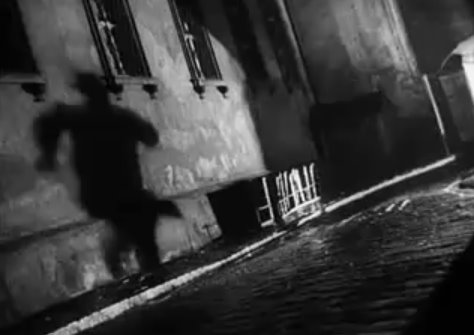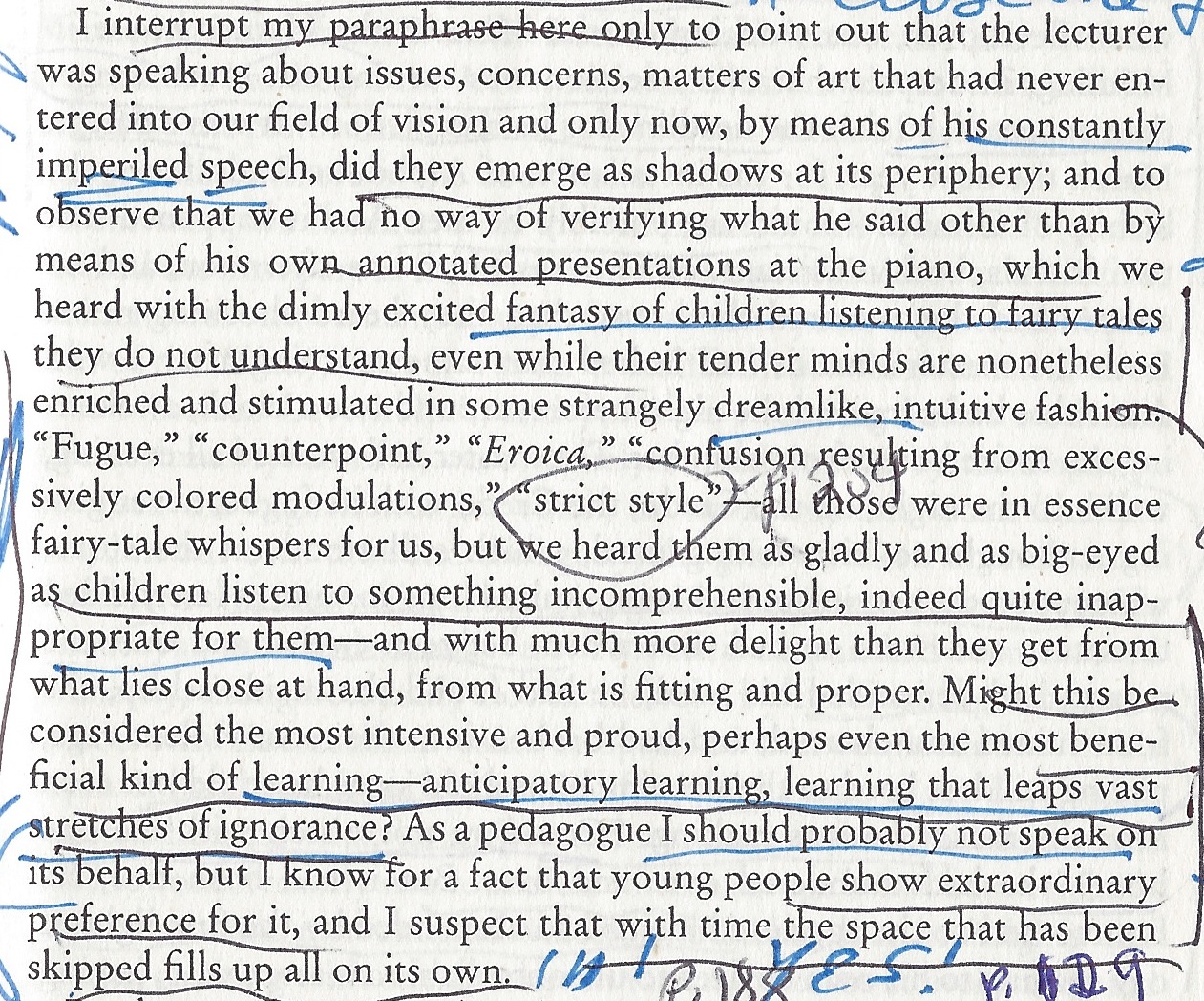Due the Day Before Each Class:
and / or
C. Three shots with three film analysis terms
TUR 2322
Screenings:
M E1-E3
TUR 2322

It’s time for you to take a You-Turn
Please email me only to send me class assignments. Otherwise, please talk to me in person after (not before) class or during office hours.
Office: 4314 Turlington Hall
Office Phone 352 392-6650
Office Hours: after class, and by appointment
Malaise is not a purely passive state, resting upon itself. The fact of being ill [mal à son aise] is essentially dynamic. It appears as a refusal to remain in place, as an effort to get clear of an unbearable situation. What constitutes its particular character, however, is the indeterminacy of the goal that departure sets for itself, which should be seen as a positive characteristic. It is an attempt to get out without knowing where one is going, and this ignorance qualifies the very essence of this attempt.
Emmanuel Levinas, On Escape / De l’évasion, 57-58
"I cannot help vanishing and disappearing and dissolving. It is my foremost trait. But I hope you will forgive me and treat me as if you still could think me a decent kind of chap."
--Stephen Crane to his editor Ripley Hitchcock, 1896
This course was inspired by three fascinating conversations I had with two colleagues and friends at UF. The second was with Robert Ray, who recommended to me over dinner at his house Nathaniel Hawthorne's short story "Wakefield" because, he said, it is about a disappearing man. I read it the next day. The third conversation, over the phone a few months later, was also with Robert. His striking and original comments on Henry James's "The Beast in the Jungle," a story he reads in conjunction with "Wakefield," made me go find my copy of James's story as soon as I got off the phone. I began to reread it with new eyes. A few years earlier, I had the first conversation with Eric Kligerman on a UF tennis court. Eric generously shared with me his gripping and exciting thoughts concerning the impossibility of escaping the Jewish body in Harry Houdini's escape art and in the works of Emmanuel Levinas and Franz Kafka.
This course is dedicated to Eric and Robert.
Should I take a class from Burt?
Learning a Lot about a little and a Little About a Lot
Better to Burt Out than Fade Away
"Why Teach What You Already Know?"
"I want to pay tribute to his memory here and to recall all that I owe to the trust and encouragement he gave me, even when, as he one day told me, he did not see at all where I was going. That was in 1966 during a colloquium in the United States in which we were both taking part. After a few friendly remarks on the paper I had just given, Jean Hippolyte added, “That said, I really don’t see where you are going.” I think I replied to him more or less as follows: “If I clearly saw ahead of time where I was going, I don’t really believe that I would take another step to get there.” Perhaps I then thought that knowing where one is going may no doubt help in orienting one’s thinking, but that it has never made anyone take a single step, quite the opposite in fact. What is the good of going where one knows oneself to be going and where one knows that one is destined to arrive? Recalling this reply today, I am not sure that I really understand it very well, but it surely did not mean that I never see or never know where I am going and that to this this extent, to the extent that I do not know, it I not certain that I ever taken any step or said anything at all."
--Jacques Derrida,
"Punctuations: The Time of a Thesis," in The Eyes of the University, 115
For God's sake, Mr. Storyteller, you ask, where are they going? And I answer: for God's sake, Reader, does any of us know where we're going? Where are you going?
--Denis Diderot, Jacques the Fatalist, 41


